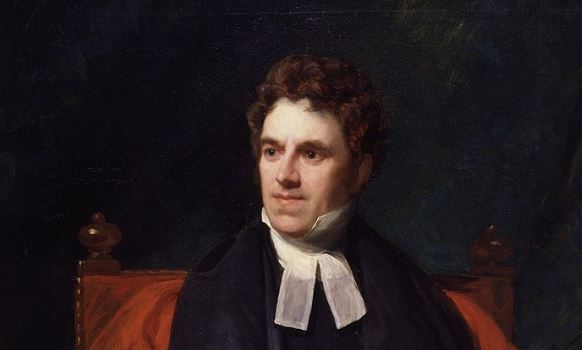Introduction
In the annals of educational reform and the shaping of modern sports ethos, few figures are as pivotal as Thomas Arnold. As the headmaster of Rugby School from 1828 to 1841, Arnold’s innovative educational practices and his understated yet significant influence on the sport of rugby have left an indelible mark. This article delves into Arnold’s life, his educational reforms, and his accidental contribution to the world of sports.
Early Life and Education
Born on the Isle of Wight on June 13, 1795, Thomas Arnold was the son of William Arnold, a Customs officer, and Martha Delafield. His early education was at Lord Weymouth’s Grammar School and Winchester, culminating in a distinguished tenure at Corpus Christi College, Oxford, where he excelled in Classics and was made a fellow of Oriel in 1815. Before his monumental role at Rugby, Arnold was the headmaster of a school in Laleham, laying the groundwork for his educational philosophy.
Career as an Educator at Rugby School
In 1828, Arnold’s appointment as the head of Rugby School marked the beginning of a transformative era not just for the institution but for English education at large. His reforms were multifaceted, emphasizing classical languages while also introducing history, mathematics, and modern languages into the curriculum. Arnold believed deeply in the moral and spiritual development of his students, a principle that underpinned his educational reforms.
His innovative praepostor system, where senior students were given quasi-administrative roles, fostered a sense of responsibility and leadership among the students. Despite his limited enthusiasm for sports, Arnold’s governance laid the groundwork for the eventual inclusion of physical education and sports, including rugby, in the school’s curriculum.
The Reluctant Father of Organized Sports
While Arnold’s primary focus was on academic and moral education, his indirect influence on the development of organized sports, particularly rugby, is undeniable. The sport was not formally part of Rugby School’s curriculum until after his tenure, yet the environment he fostered encouraged physical activity as a means of character building. Baron de Coubertin, inspired by Arnold’s educational ethos during his 1886 visit, later regarded him as a foundational figure in the ethos of organized sports and the Olympic movement.
Controversies and Legacy
Arnold’s tenure was not without controversy, particularly in religious and educational debates. His support for the Broad Church Anglican movement and opposition to the High Church party highlighted his progressive views on education and religion. In 1841, Arnold’s influence expanded beyond Rugby School when he was appointed Regius Professor of Modern History at Oxford University, further cementing his legacy in the annals of education.
Conclusion
Thomas Arnold’s impact on education and the sport of rugby is a testament to his visionary approach to leadership and moral development. While not a direct proponent of sports, his educational reforms at Rugby School created an environment where the physical and moral development of students was paramount. Arnold’s legacy, characterized by a holistic approach to education, continues to inspire educational and sporting institutions worldwide. His life and work exemplify the profound influence a dedicated educator can have on society, shaping not only the minds but the very fabric of cultural and sporting traditions.
